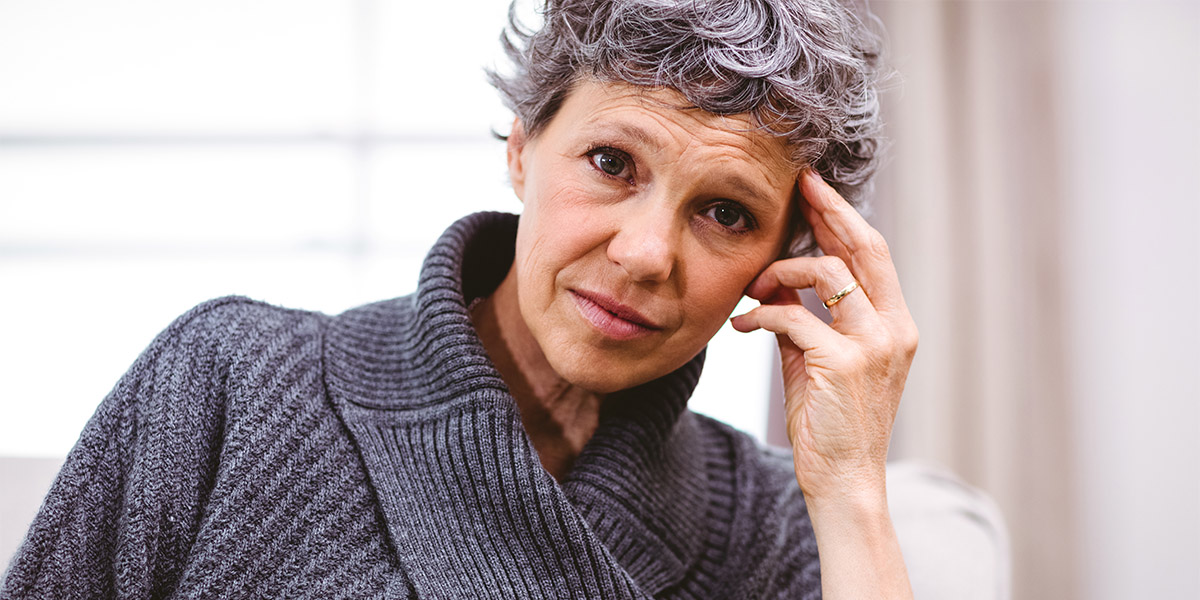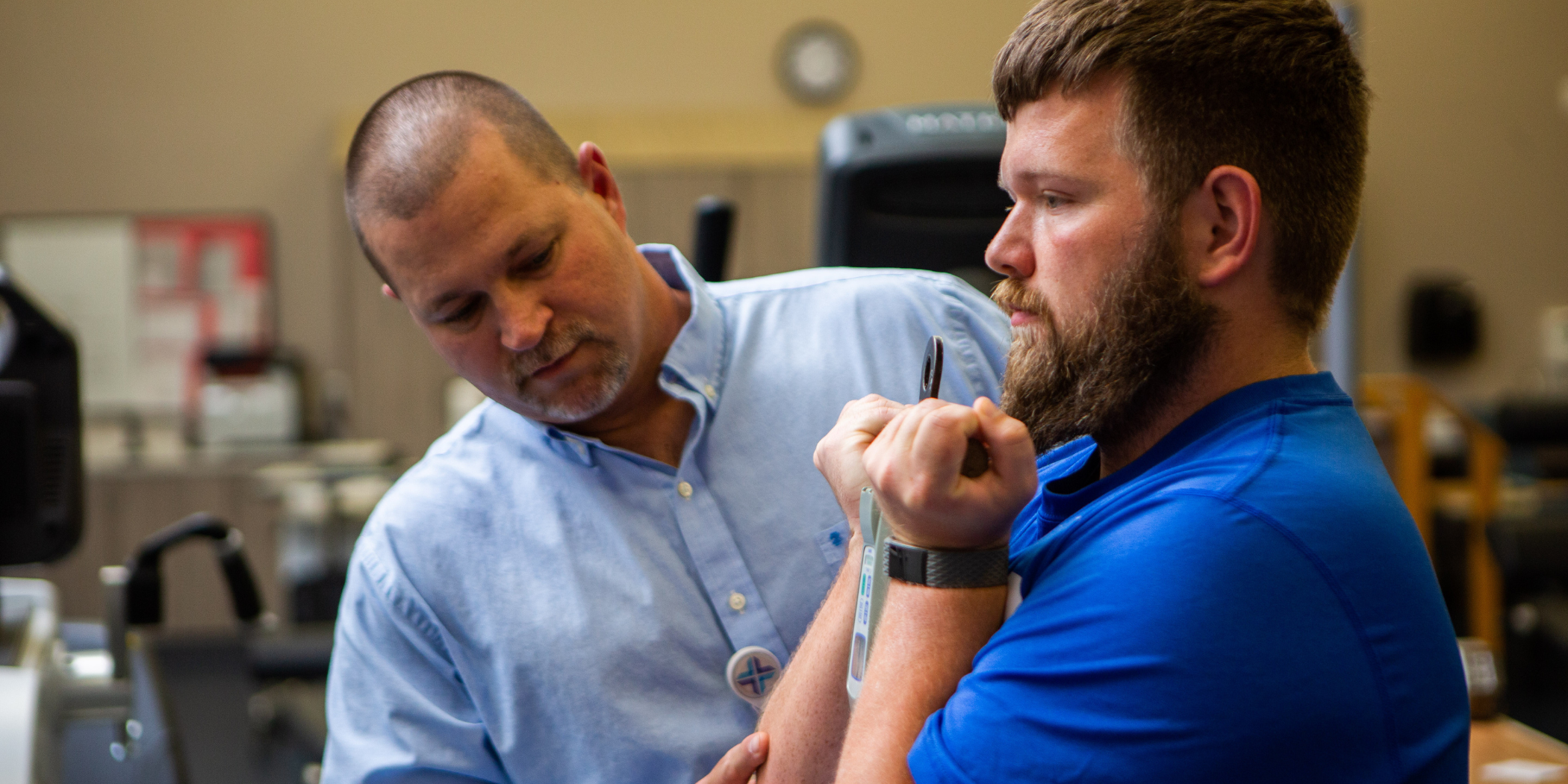
It’s not cheating to get a second opinion
Let's face it – a cancer diagnosis is scary. Hearing the words “you have cancer” is a stunning revelation sure to throw anyone for a loop.
However, most doctors encourage patients to slow down and take a crucial, but often overlooked step: getting a second opinion.
While a second opinion is a good idea, many patients do not feel comfortable asking for one. They may be concerned that getting another opinion will signify that they don't trust their doctor, but this isn't the case.
When facing a serious illness like cancer, nothing is more important than knowing all of your options.
The Truth About Second Opinions
In medicine, getting a second opinion does not mean a patient is unsatisfied with his or her care. It will not offend his or her doctor, or interfere with the doctor-patient relationship. Neither will it significantly postpone treatment.
It is simply a way for someone to become better informed and to make sure they have access to as much information as possible.
“The situation is not about the physician, but rather about the patient, and making sure they're confident and comfortable with whatever treatment decision is made,” said Steven Corso, MD, medical oncologist at Gibbs Cancer Center & Research Institute. “In fact, if a patient's doctor is reluctant for them to get a second opinion, then they probably definitely need one.”
Most doctors welcome a second opinion consultation and many insurance plans even require a second opinion before beginning cancer treatment.
But how? When faced with the overwhelming emotions and concerns of a cancer diagnosis, what is the best way to go about getting a second opinion?
“I encourage the patient to be honest with their physician. Let their doctor know that they would like to get an additional opinion, and will follow-up with them afterwards.” Dr. Corso said.
In many cases a patient's doctor or insurance company will be happy to guide them through the process of selecting a qualified facility to review their case. However, patients can pursue a second opinion on their own.
“At a time like this, a patient should never be concerned about pleasing their doctor, but they need to get as much information as possible about their treatment options.” Dr. Corso said.
Even if a second opinion doesn't change someone's original diagnosis or treatment plan, they can move forward with confidence knowing that their case has been carefully re-reviewed, and that all appropriate treatment options have been considered.
Second Opinion Program at Gibbs
If you have a confirmed cancer diagnosis and are interested in getting a second opinion from the experts at Gibbs Cancer Center & Research Institute, call us at 1-855-DNA-GIBBS. First, an associate will gather basic information like your name, diagnosis and contact number. Then, a clinical navigator who specializes in your type of cancer will contact you within 48 business hours to answer your questions, and guide you through the process as quickly as possible.
Stay Positive
In the meantime, the most important thing for newly diagnosed cancer patients to remember is that there's more hope for cancer treatments today than ever before.












